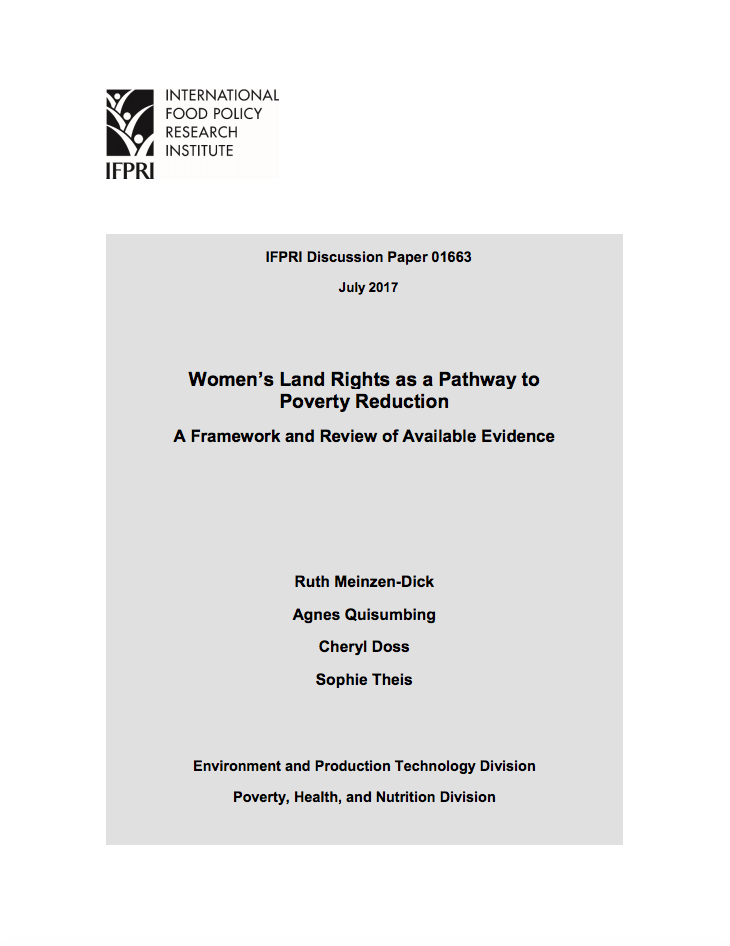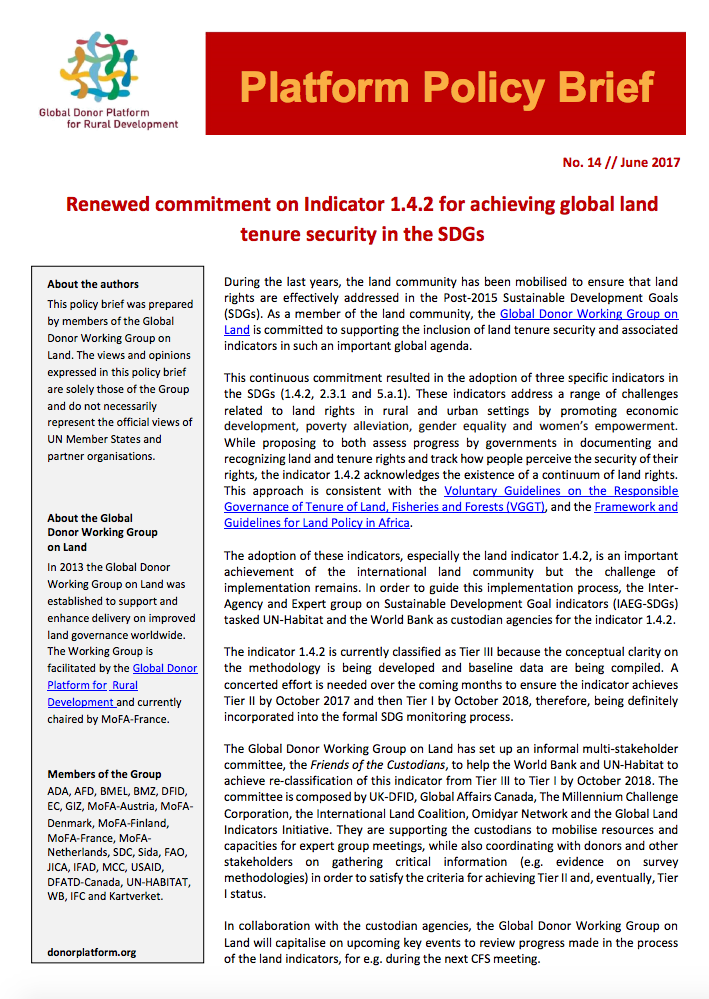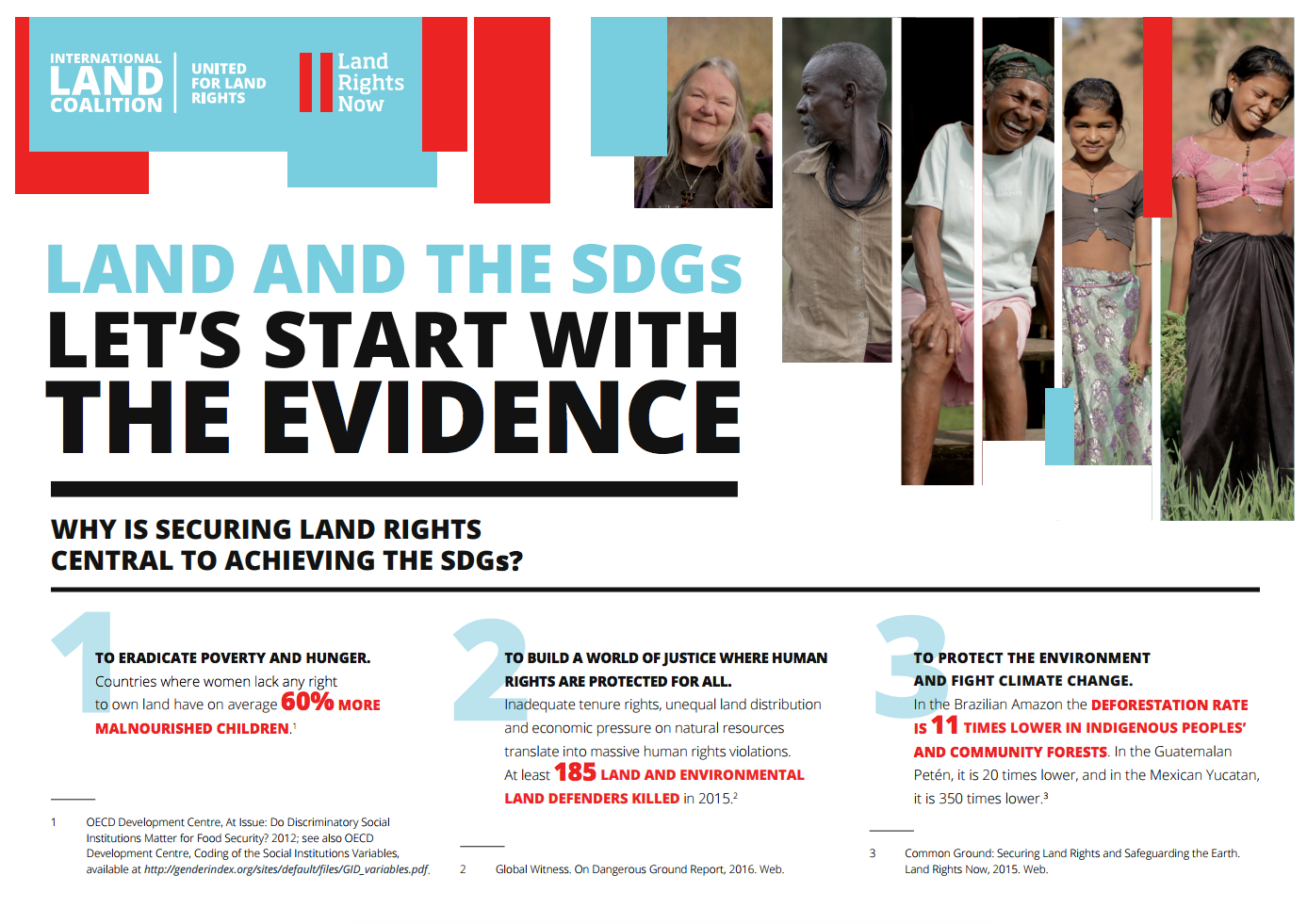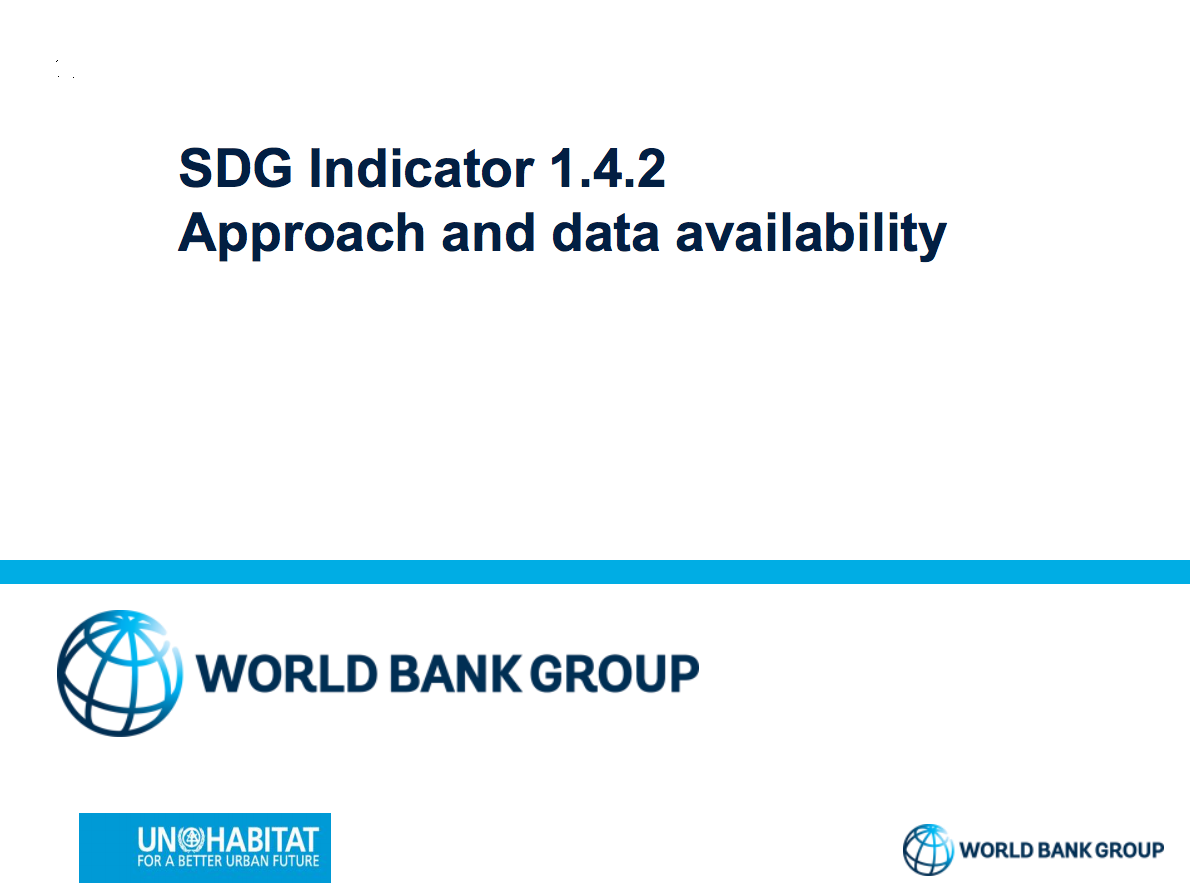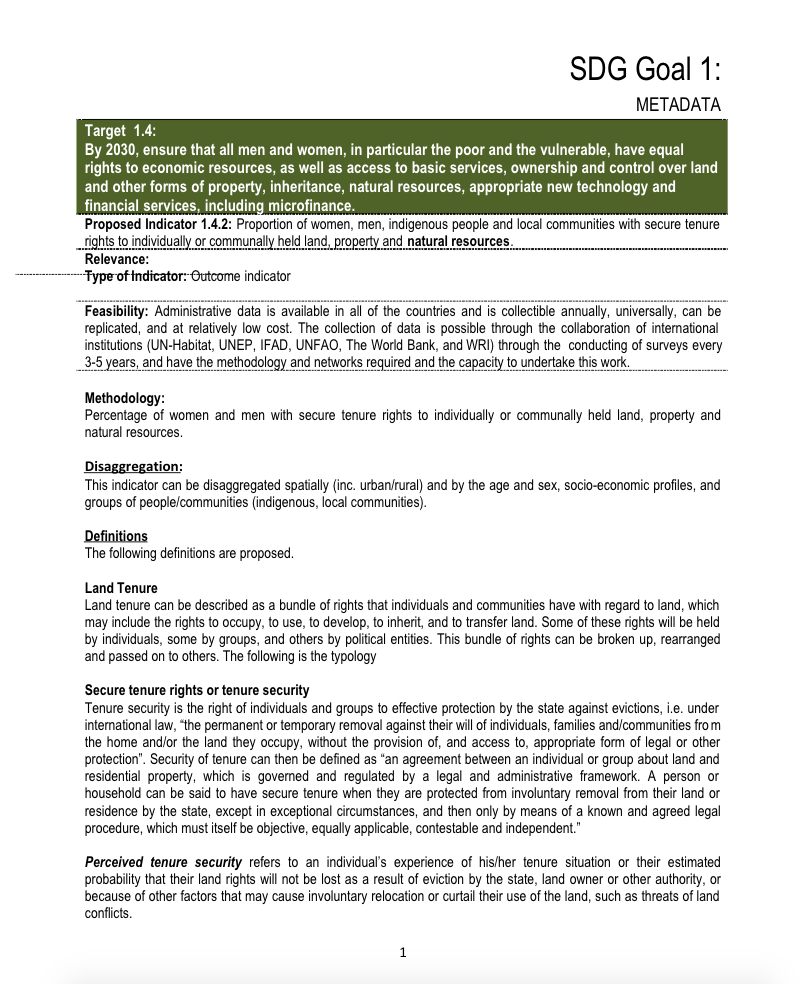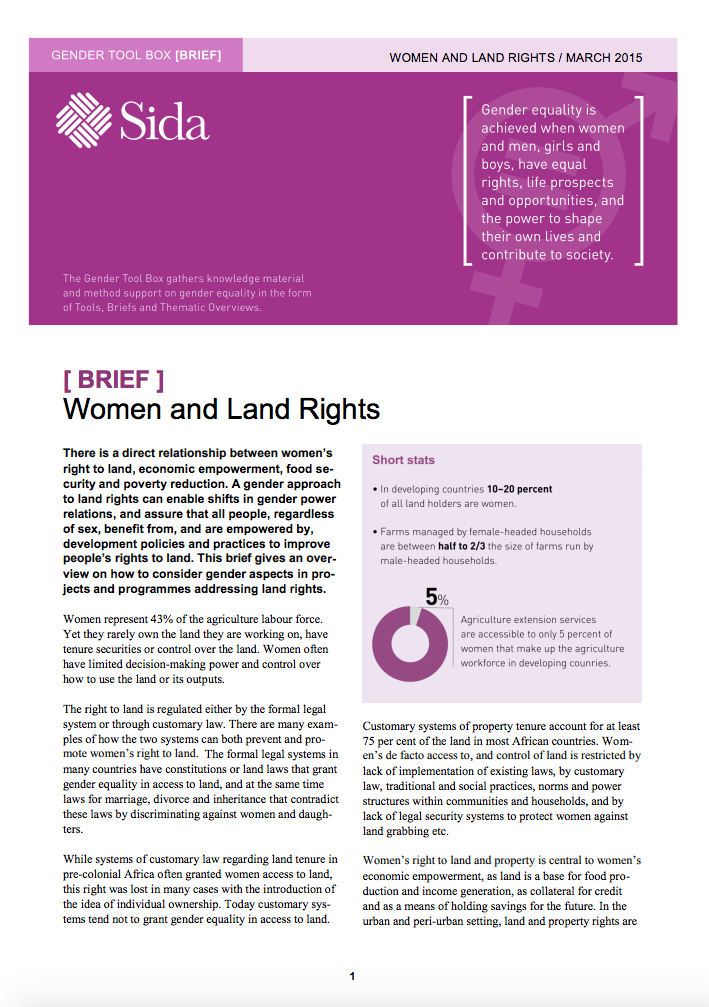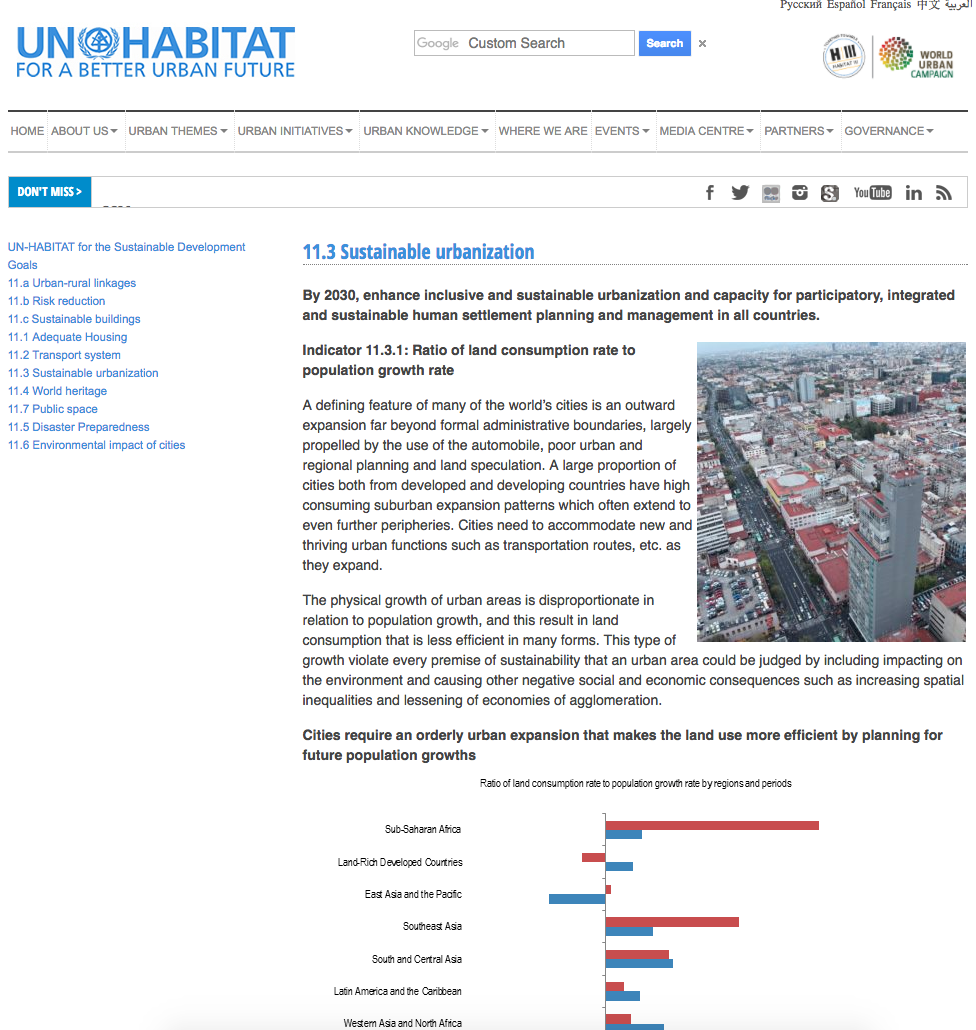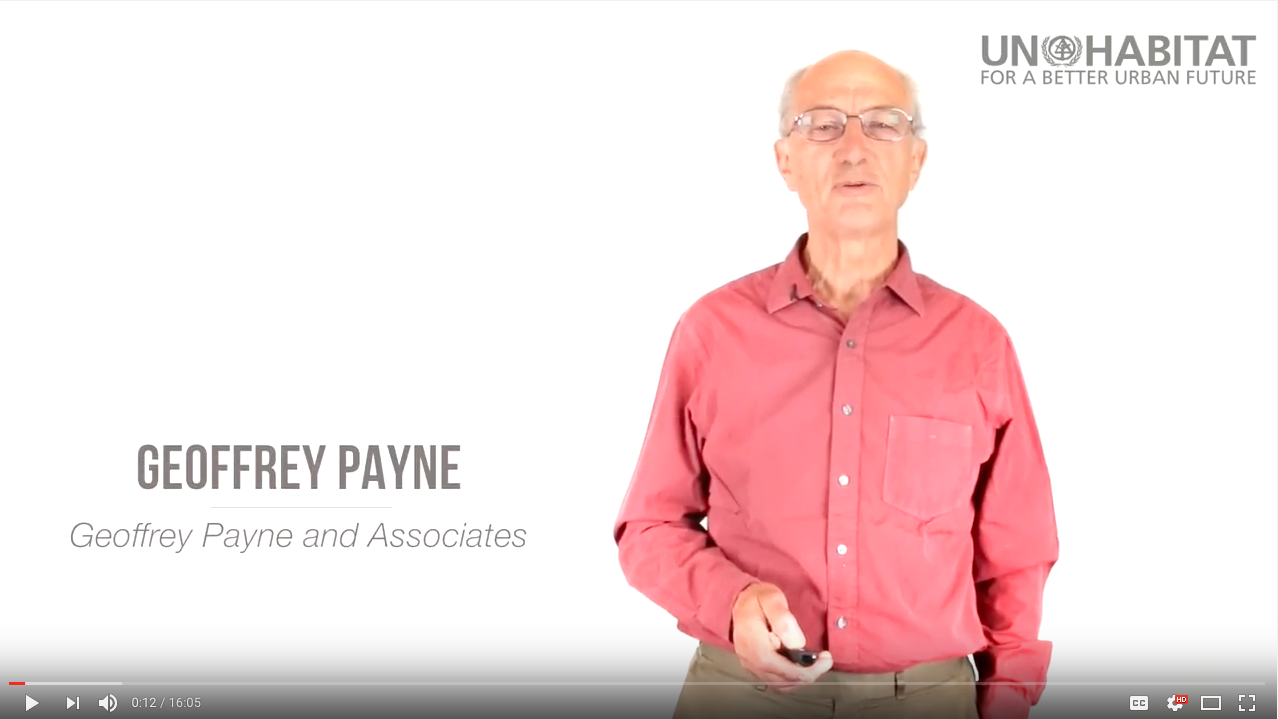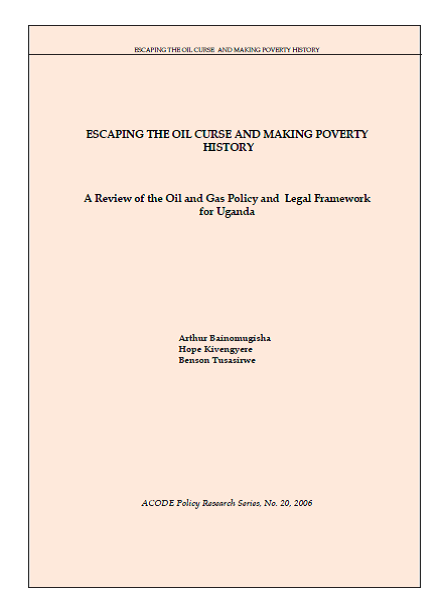Using an ecological economics approach to support the restoration of collapsing gullies in southern China
Land degradation and poverty are problems that must be tackled together for environmental conservation to succeed. However, it is rarely possible to move a population from degraded land to another area where the people can be more easily sustained. To find a new strategy that achieves both conservation and economic gains without the need to relocate a population, we examined/investigated a sustainable combination of ecological and economic development suitable for the restoration of areas of China with collapsing gullies, where the frequent steep slopes make restoration difficult.


